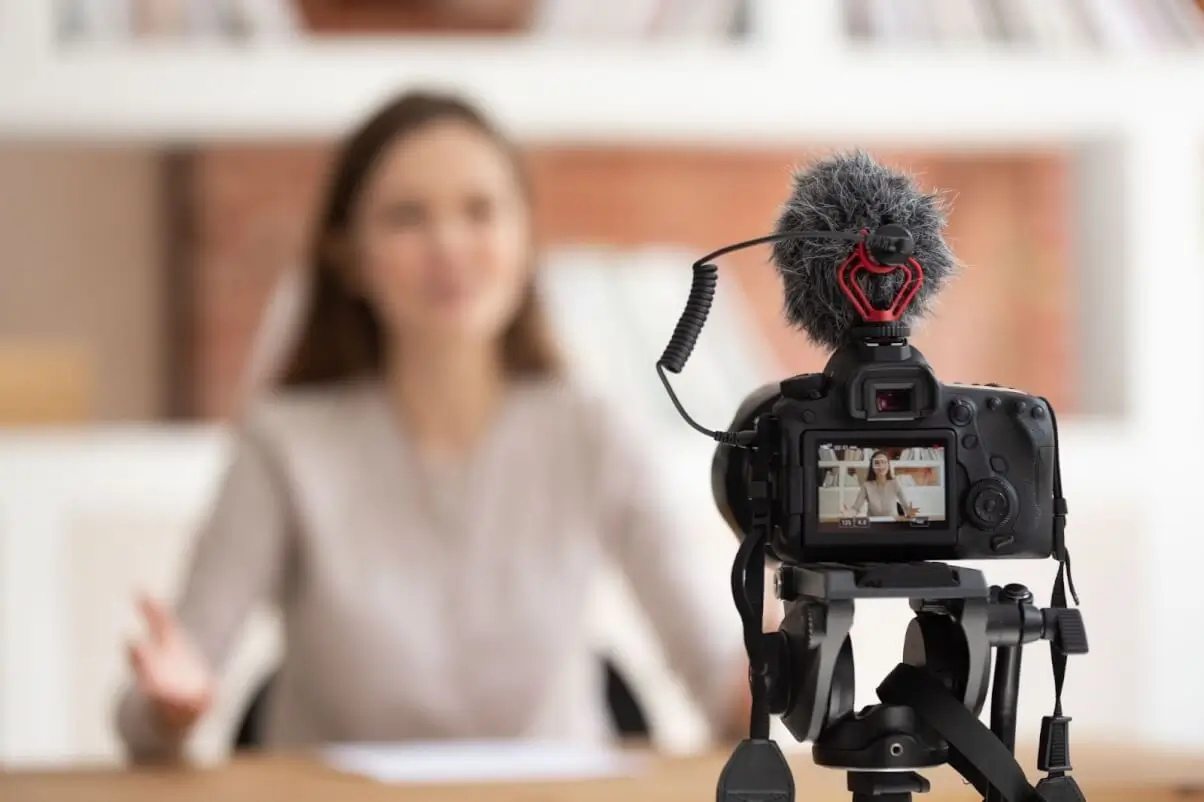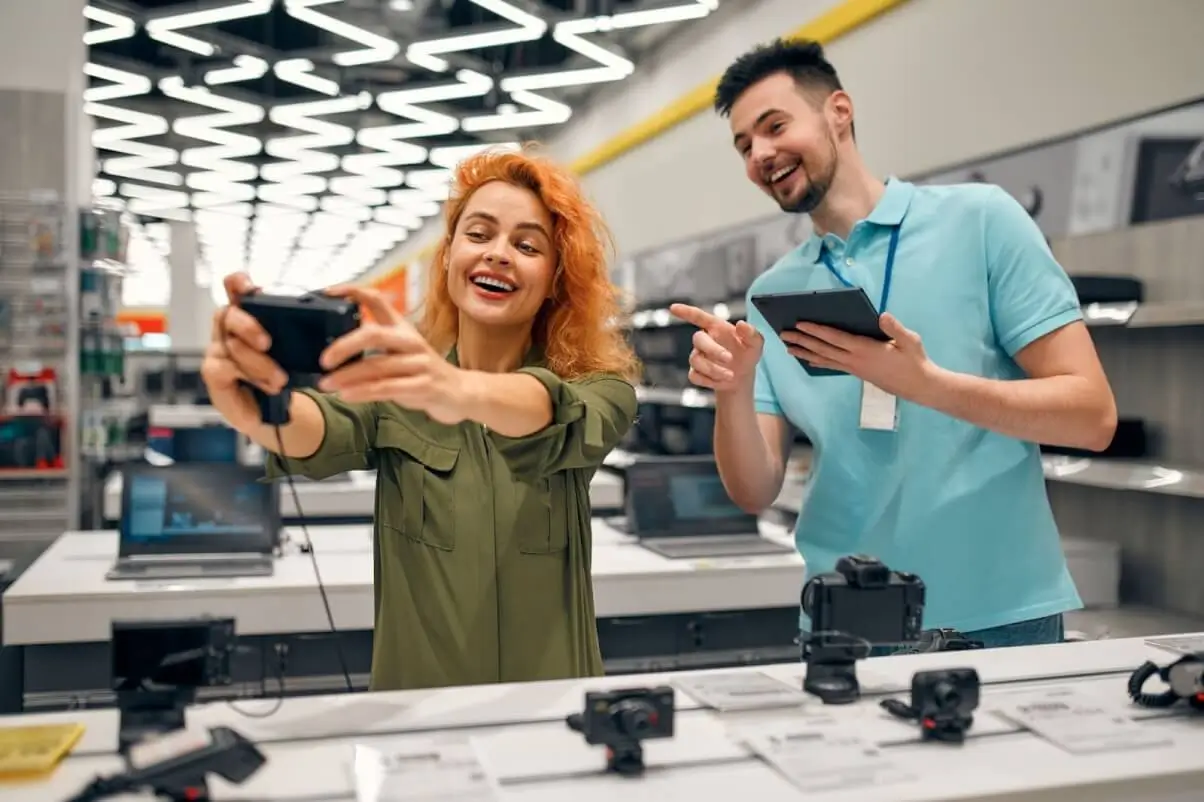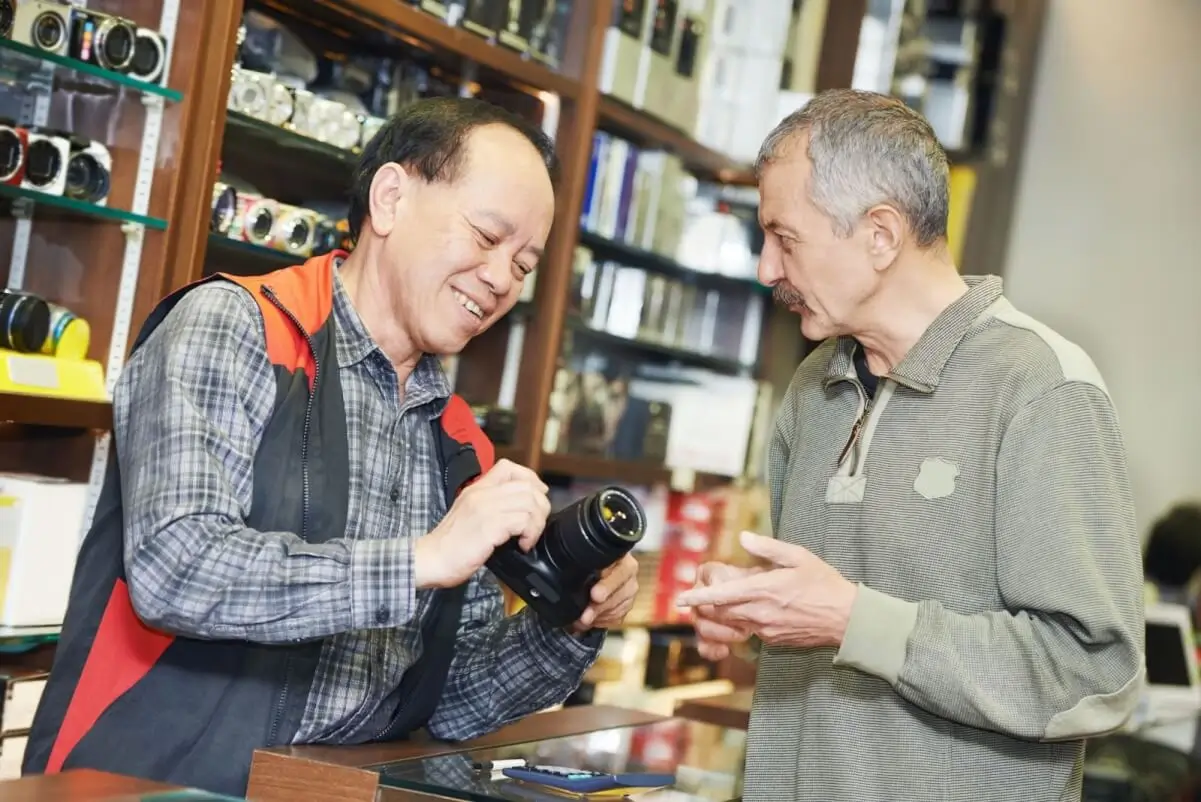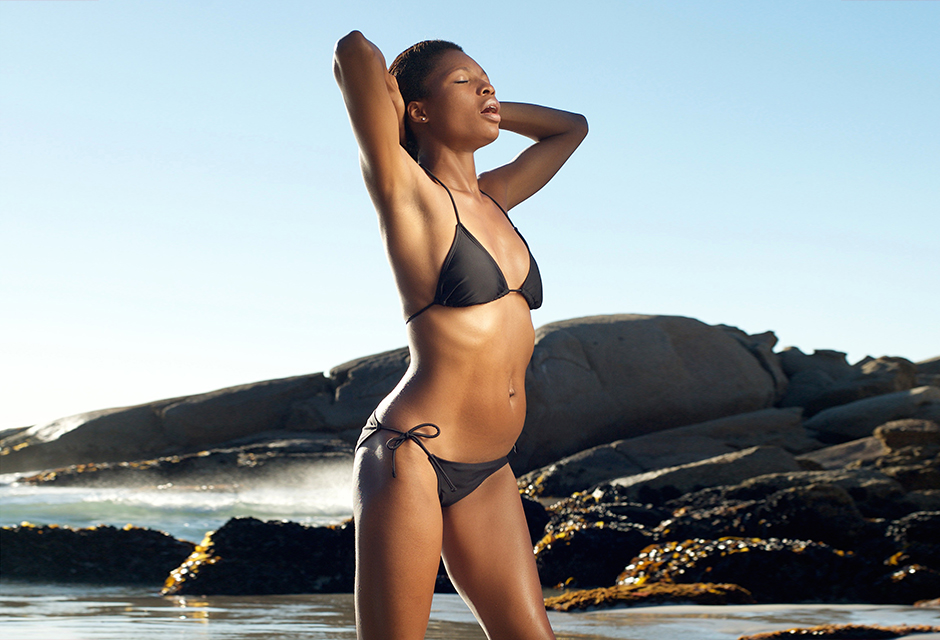How do I choose a camera?

- Price
- Types
- Sensor
- Sensor size
- Resolution in megapixels
- Lens quality and lens selection
- Autofocus and drive speeds
- Durability
- Ergonomics and handling
To decide on the right camera and avoid mistakes when purchasing one for the first time, it's important to follow several key steps and considerations that many people may not be aware of. We've outlined nine critical aspects to help you decide on a high-quality camera that best suits your needs.
Price
Before deciding on a camera, it's essential to calculate your budget and determine how much you're willing to invest in both the camera itself and any necessary additional purchases. Consideration of your budget is crucial because buying a camera involves more than just the initial purchase, you may also need to budget for accessories like lenses, memory cards, tripods, and other essential items. Whether you're a professional or a beginner, establishing your budget upfront is a fundamental starting point in the camera selection process.
Types

There are various types of digital cameras available that can differ significantly from one another, and it's important to understand these differences before making a purchase. For example, you might consider a popular Canon DSLR camera, known for delivering excellent results comparable to other brands. It's essential to familiarize yourself with different types and classes of cameras to choose the one that best suits your needs. When deciding between a DSLR and a non-DSLR camera, consulting with a specialist can provide valuable insights and guidance.
Sensor
In any camera, the sensor or image sensor is a critical component responsible for capturing photos. It's important to handle this part with care after purchasing the camera to avoid damage. Touching or exposing the sensor to contaminants can lead to irreparable damage. If the sensor is damaged, it can be costly to repair or replace, sometimes requiring the purchase of a new camera altogether. Therefore, it's advisable to take precautions to protect the sensor and handle the camera with care to ensure its longevity and performance.
Sensor size

The dimensions of the sensor fundamentally affect the quality of the photos you will obtain. If you buy a compact camera, the sensor will be smaller, which may result in a less-than-perfect image quality compared to a camera with a larger sensor. Therefore, if you want the most detailed photos, you should consider cameras with larger sensors.
Resolution in megapixels
Just like on a phone, a camera captures photos in megapixels, offering excellent quality and remarkable detail. When you set the camera to its highest quality settings, you can capture photos that are quite large in size, sometimes exceeding one hundred megabytes or more.
Lens quality and lens selection
The lens is a crucial element without which no camera will function adequately. There is a wide variety of lenses, each designed for specific purposes, so it's advisable to consult with a professional before making a purchase. For instance, if you want to capture distant objects like the moon, it's better to invest in a telephoto lens. For other objectives, different types of lenses may be more suitable.
Autofocus and drive speeds

All modern cameras come equipped with built-in autofocus in the lens, which adjusts itself using special technologies to recognize the distance of objects. You can also adjust the shutter speed, which controls how quickly the camera's sensor captures an image. Faster shutter speeds result in less light being captured, so it's important to configure these settings correctly before taking a photo.
Durability
Cameras are often durable and can be used for literally decades. Many fairly old cameras continue to work even after half a century, allowing you to shoot videos and photos with them effortlessly. Therefore, by choosing a high-quality model, you can use it for a long time, provided that you handle the device carefully.
Ergonomics and handling
To ensure high-quality and sharp shots, it's important to consider the stability of the camera. Using a tripod, which is a standard tool for every photographer, can help with this. By mounting your camera on a tripod, you can be confident that the camera will remain steady and your photos will turn out excellent.

Author
Founder of VJump. In addition to business, he is passionate about travel photography and videography. His photos can be viewed on Instagram (over 1 million followers), and his films can be found on his YouTube channel.
Moreover, his profile is featured on the most popular and authoritative resource in the film industry — IMDb. He has received 51 international awards and 18 nominations at film festivals worldwide.








































































